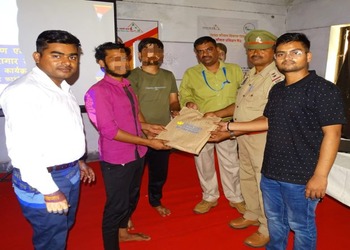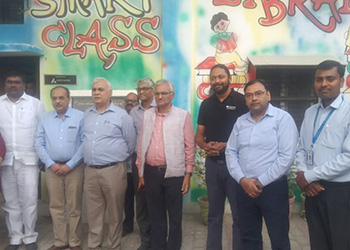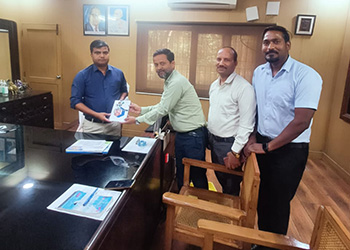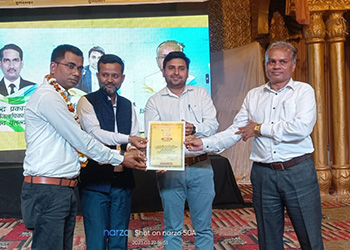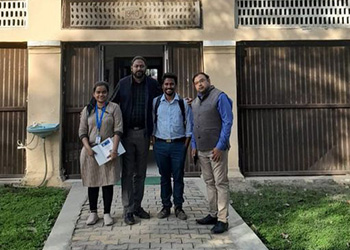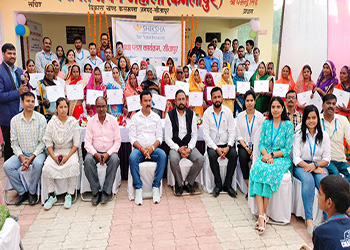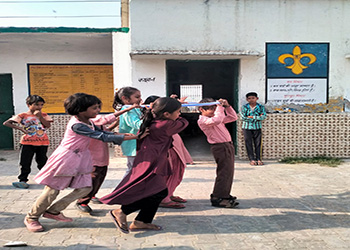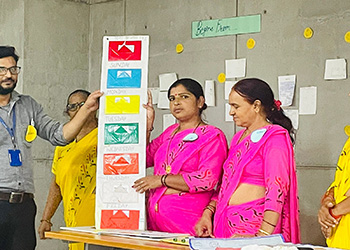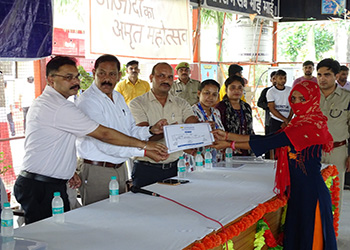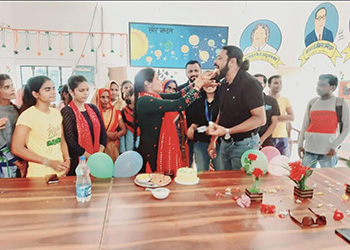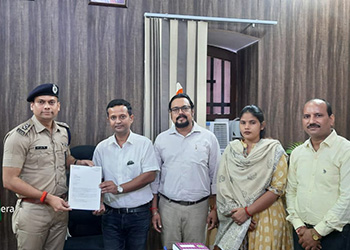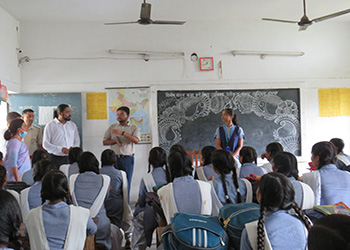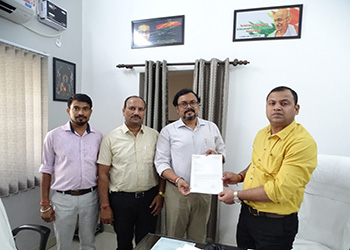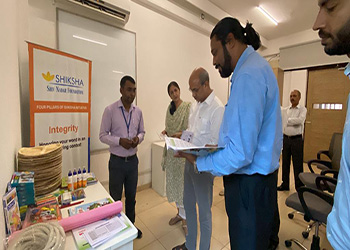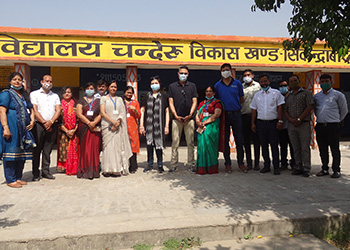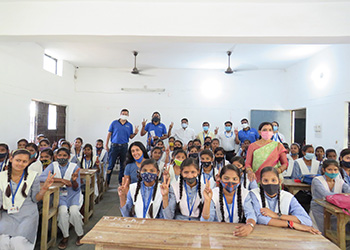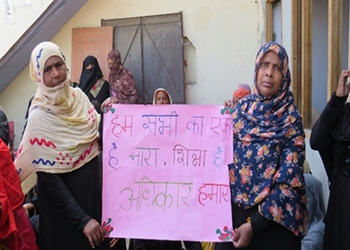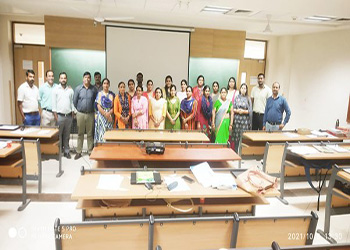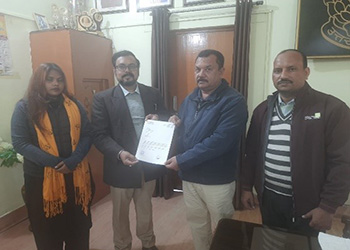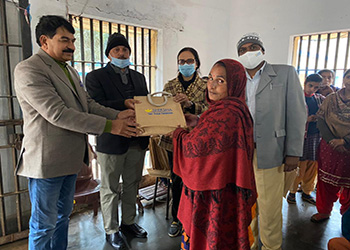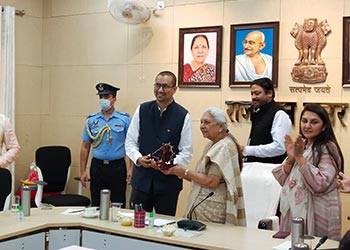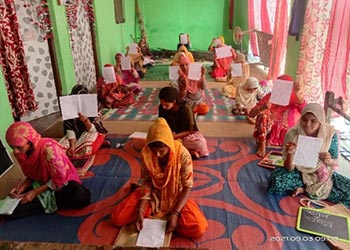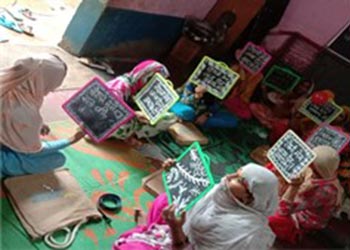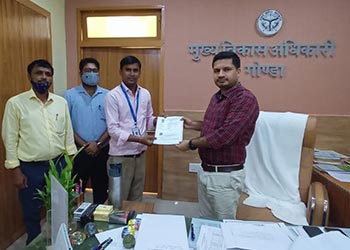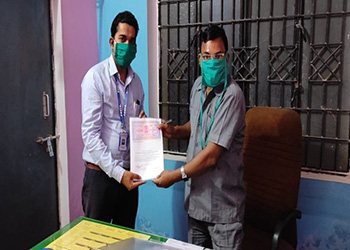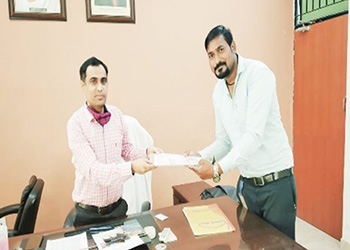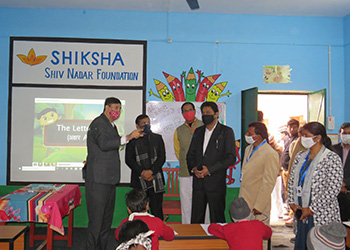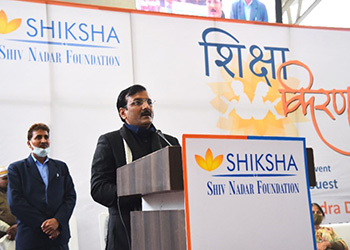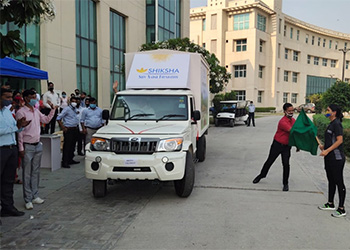
SHIKSHA MODEL
SHIKSHA Initiative uses these three steps to effectively educate students in the classroom in its mission to eradicate illiteracy. The foundation of the SHIKSHA Initiative rests on three distinct pillars:
- Teaching – The entire curriculum of the U.P. board primary syllabus is converted into an interactive animated learning exercise. High-quality streamlined content is delivered to students through a basic and simple technology platform, learning aids and interactive sessions. Teaching sessions are conducted by the local teachers who are trained to use the technology. This is a simple technology and any teacher is capable of using this after basic training.
- Querying – Querying and assessment is the second step of the process wherein the learning imparted to the students in the teaching phase is tested for evaluation. Querying helps understand the effectiveness of the learning process utilized and its effect on student understanding. The Assessment is conducted through in-class and after-class question and answer sessions, conducted face to face and individually for each student by their respective teachers.
- Augmentation – The students who are found to be lagging behind in the assessment sessions are selected for special classes imparting deeper learning. These learning sessions are conducted by the same teachers to keep familiarity and same teaching style. These sessions provide better and detailed explanation of the same subject/content to the students for their learning and retention based on reports generated by the assessment process. We have realized that most of the students who need augmentation are those who were absent during the classes when that topic/chapter was taught.
| Teaching | Querying | Augmentation |
| Lesson/Curriculum planning at the state level under the purview of existing teachers | Based on continuous and comprehensive evaluation | Selection of students based on absenteeism and performance |
| Video-based standardized course content to students | Assessment through students’ performance management | Done by the classroom teachers to retain familiarity and teaching style |
| In-video activities/exercises to increase student participation | Assessment through tablets wherever possible to improve accuracy of the process | Tested for an effective delivery through post-augmentation assessment |
| Post class student feedback system |





















